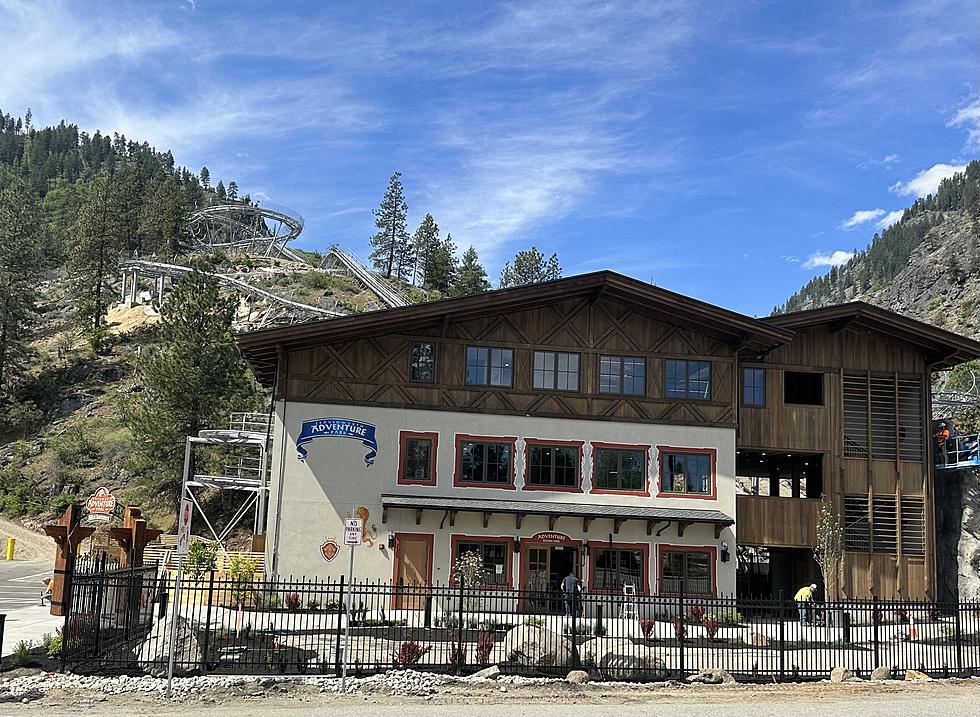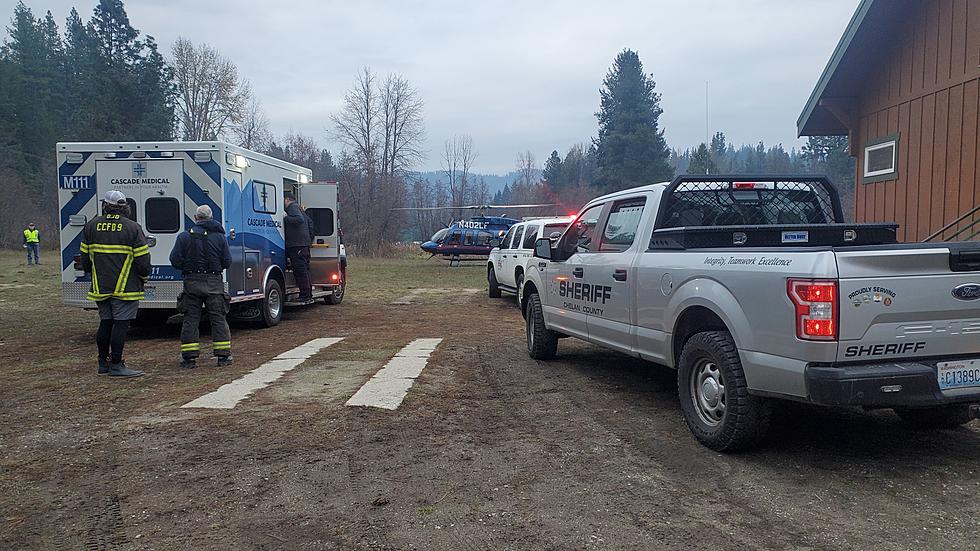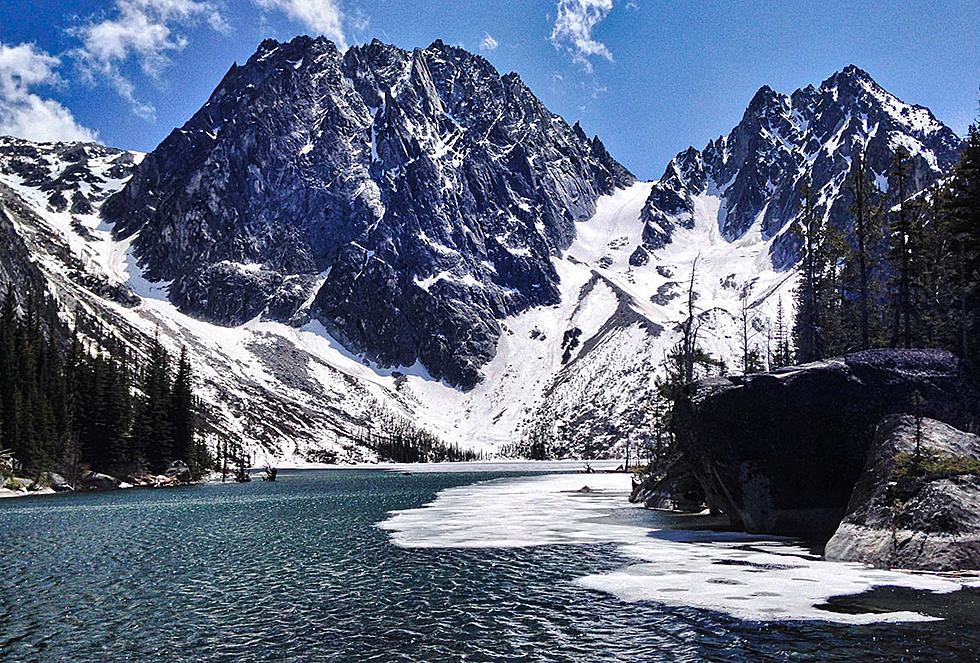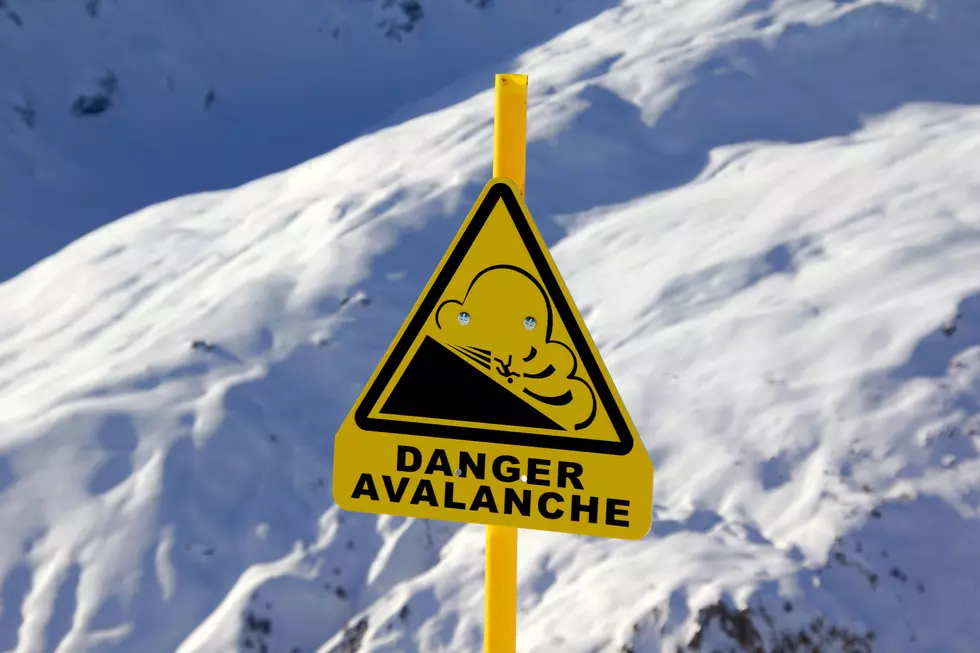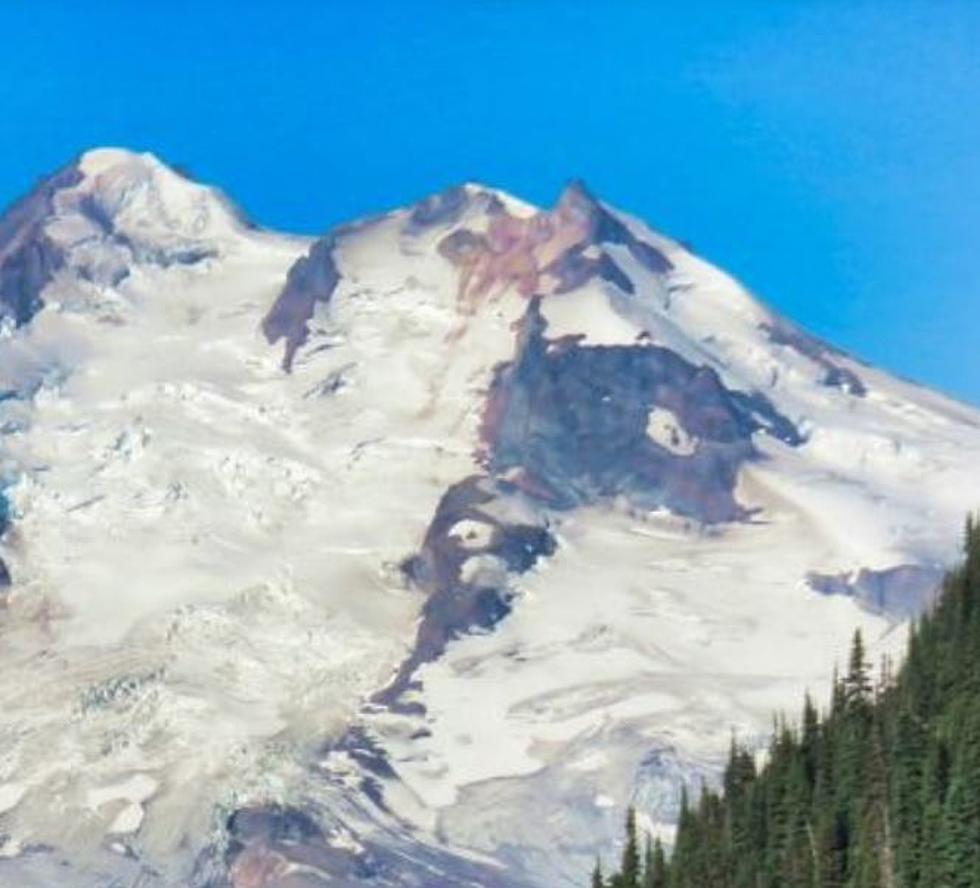
National Forest Starting To Close More Roads With Winter Building
The National Forest is starting to get more consistent winter weather after El Nino conditions brought heavy rainfall recently.
More roads in the Okanogan Wenatchee National Forest are starting to close to vehicle traffic for the season.
Forest Service spokesperson Robin DeMario says winter is taking hold later than last year.
“Last year we already had a bit of snow, a bunch of snow that had fallen in October and just basically stayed the rest of the winter," DeMario said. “So, it’s different than last year, and every year it’s a little different.”
She says an organized process takes place when snowpack increases and roads will become impassable. "Every ranger district will be closing some roads. It's the normal process in the winter as snow starts to accumulate."
Anybody can check on the status of forest roads by contacting ranger district offices or going to the Okanogan Wenatchee National Forest website.
Some forest roads that are now closed include:
- Chiwawa River Road in the Lake Wenatchee area. It is now being groomed for snowmobiles and is closed to vehicle traffic at the Fish Lake Sno-Park.
- Little Wenatchee River Road is now gated closed for the season and will reopen in the spring.
- Icicle Road, located southwest of Leavenworth, is being plowed to the junction with Eightmile Road and will be undrivable to vehicles beyond that point as snowpack increases.
- The gate on Beehive Road, located south of Wenatchee is closed as of Friday, Dec. 8, and will reopen in spring.
The Forest Service has some safety suggestions for drivers traveling on or near forest roads during the winter.
Always check road conditions before traveling to the national forest. Don’t attempt to keep driving farther up snowy roads, turn around before you get stuck.
Always start your trip knowing what the weather is expected to do and be flexible if the weather doesn’t go according to the forecast.
LOOK: Biggest Snowfalls Recorded in Washington History
Gallery Credit: Stacker
More From NewsRadio 560 KPQ
